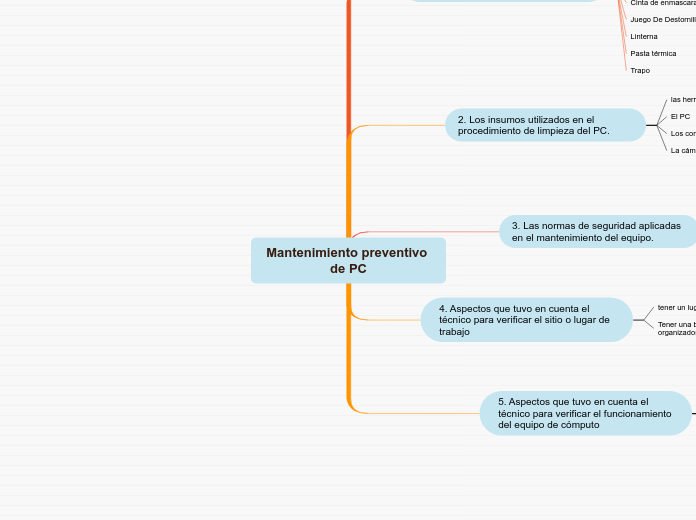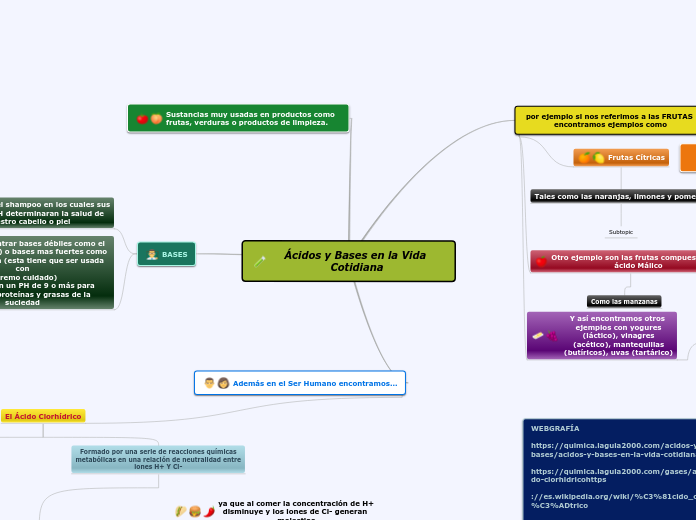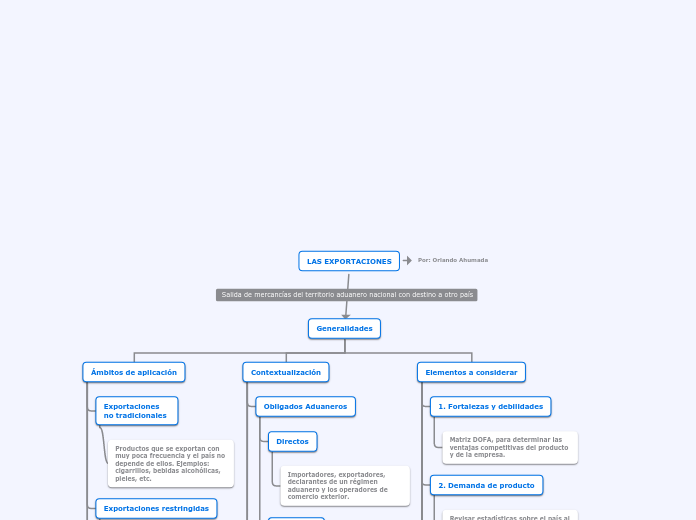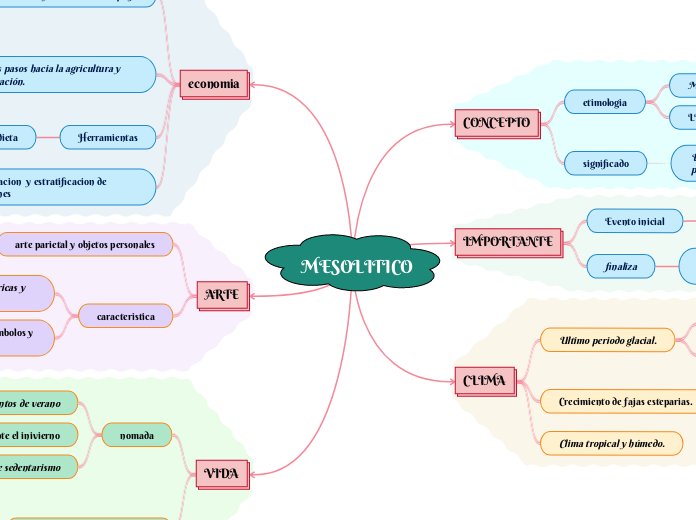Mantenimiento preventivo de PC
To name your story, you have to think about the overall message and what you want your audience to understand from the story. Also, make it relevant and easy to remember.
5. Aspectos que tuvo en cuenta el técnico para verificar el funcionamiento del equipo de cómputo
finalmente mirar si todo funciona correctamente
Al terminar, mirar si todo esta puesto en su lugar
retirar todo cuidadosamente y ubicarlos en un lugar seguro
Revisar si tiene todo lo necesario
Primero revisar si todo funciona correctamente
4. Aspectos que tuvo en cuenta el técnico para verificar el sitio o lugar de trabajo
Tener una base para colocar todos los elementos, organizados para saber donde están
tener un lugar limpio y despejado
3. Las normas de seguridad aplicadas en el mantenimiento del equipo.
In the beginning of the story (or the exposition), you will need to introduce the setting and characters. You might also want to introduce the main conflict. This part of the story is important because it gives the reader necessary background information and maybe even a first insight into a character’s personality.
Ubicar todo en una mesa o en un ordenador
Cubrirse la boca con un tapabocas, usar guantes de latex
Apagar el regulador, desconectar todos los cables y apagar la fuente
Type in the name of your character.
apagar el equipo, desconectar el suiche de la fuente de poder y el cable de alimentación
Characters are essential to a good story. Usually, the protagonist(s) is/are the most affected by the plot. Introduce a character by focusing on their actions, interests, and occupation, as the physical appearance doesn't make a difference in most cases.
2. Los insumos utilizados en el procedimiento de limpieza del PC.
The setting (time & place) of a story can change throughout the plot.
La cámara de grabación
Sensory details include sight, sound, touch, smell, and taste. These details are important because they create depth in your setting.
See a few examples below:
- the smell of fresh bread
- the scent of freshly cut grass
- rain falling onto the windshield etc.
Los componentes internos del computo
The weather is an important element in your story because it can highly influence the ambiance and the mood of the characters.
El PC
The time of the story can also change. It can describe the event of a single day or can include an entire year's plot. Anyway, don't forget to mention it.
las herramientas
Your story can take place wherever your imagination will take you to.
For example: in an elevator, in an enchanted forest, etc. Don't forget to give details of the environment each time the setting changes, otherwise, the story can be confusing. Also, mention the seasons as each of them has unique weather and events.
1. Las herramientas utilizadas para el mantenimiento preventivo.
The middle of the story is where you add layers of complications that will lead to the end. Reveal more about the character's journey. Did their personality go through changes? How did they overcome the challenges? And as you build up the story’s central conflict, make it more personal to that character. Also, from the middle act, you have to lead into the final act.
Trapo
Pasta térmica
Linterna
Juego De Destornilladores
Cinta de enmascarar
Pinza
There wouldn't be any tension and excitement in your story if there weren't any obstacles in your character's way.
Destornillador
Your character(s) need(s) motivation in order to solve the challenge(s).
De Estrella
Plano
Test De Voltaje
Sopladora
Brocha
Each story has a main character and that character usually needs to solve a problem or challenge. The character's challenge is the one that creates tension throughout the story.










